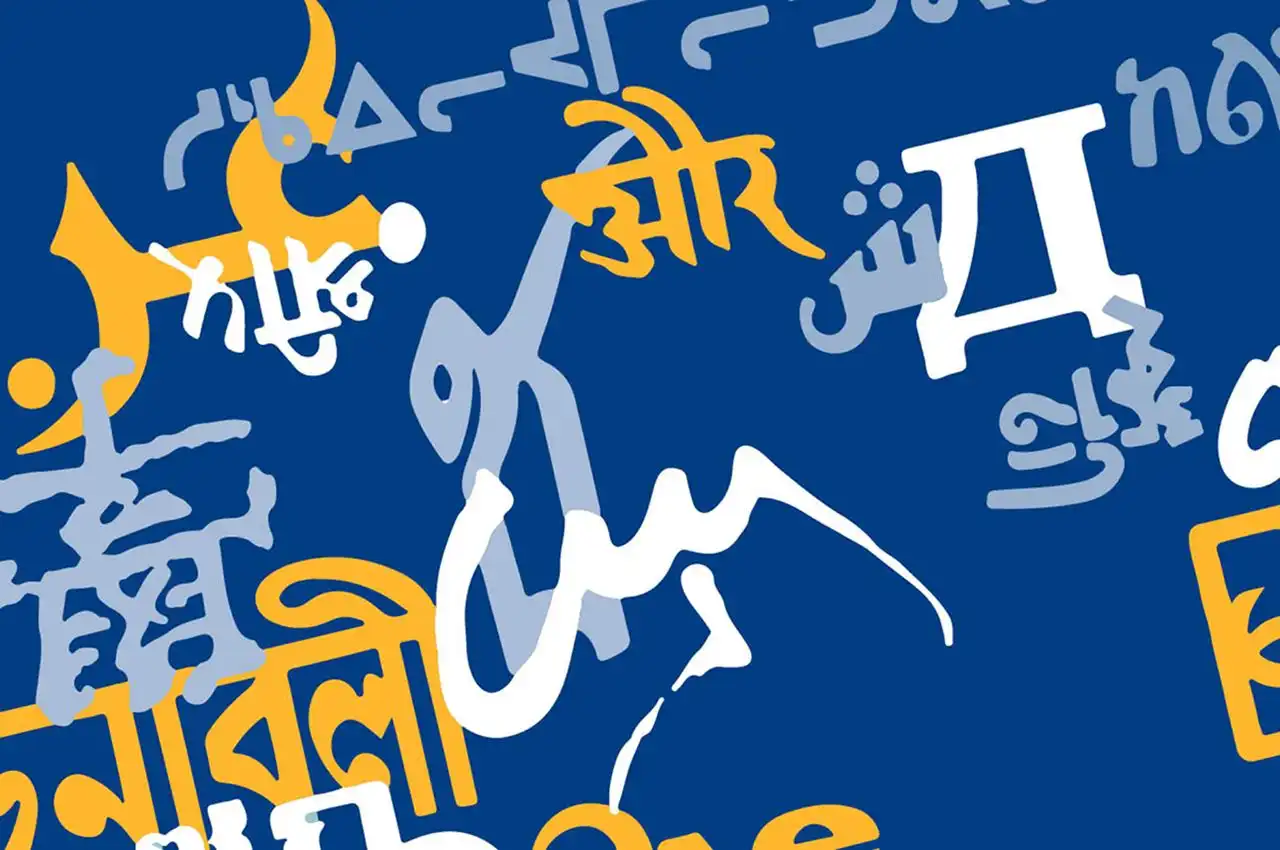
Home>Research>Research Projects>Crises and civilizational narratives studied through pluridisciplinarity and fieldwork (DECRIPT)
Crises and civilizational narratives studied through pluridisciplinarity and fieldwork (DECRIPT)
About

DECRIPT is a multidisciplinary research and transfer program that examines how civilizational narratives challenge and reframe universal references, shape contemporary conflicts, and redefine governance schemes. Led by Inalco (Institut national des langues et civilisations orientales) and bringing together nearly 400 researchers and practicioners from 15 consortium partners and over 40 stakeholder institutions, DECRIPT blends humanities, social sciences, and data analytics to produce empirically grounded, policy-relevant research on these critical challenges. Through its innovative Lab, DECRIPT connects researchers, policymakers, and civil society to develop original analytical frameworks and tools to address and navigate an increasingly narrative-driven global order.
Civilizational narratives are socially, strategically and ideologically constructed discourses that articulate specific understandings of historical trajectories, cultural values, and collective roles in the global order. These narratives, mobilized by "civilizational entrepreneurs," profoundly impact world politics in diverse and often contradictory ways. Examples range from the "civilizational standard" used by 19th-century legal scholars to justify European colonization, to contemporary inversions of universalist claims embodied in various government positions: the Russian government's concept of a "civilization of civilizations," the Chinese authorities' "Global Civilization Initiative," and the US administration's claim of defending "Western civilization.”
Beyond the observation of the evolving roots, contents, dissemination patterns and underlying agendas of civilizational narratives, DECRIPT seeks to examine the power structures underpinning their elaboration and their contestations. It contextualizes their historical roots and contemporary adaptations, identifies the various media, habits, and cultural products through which they are spread as well as their cross-regional influences, and evaluates their impact from local to international policies and governance structures.
More about the research program structure
Project duration: 2025-2032
Status: ongoing implementation
This project received government funding managed by the ANR under France 2030, reference ANR-24-RSHS-0002.
Program
25 June 2025
9h-18h
Inalco - Pôle des langues et civilisations (65 rue des Grands Moulins, 75013 Paris) - Auditorium
Journée de lancement du programme DECRIPT
Matinée – Session plénière dans l'auditorium du PLC (9h-12h)
9h-9h20 - Ouverture officielle du programme
Accueil et introduction par Jean-François HUCHET, Président de l'Inalco
Allocution de Guillaume BORDRY, Conseiller pour l'enseignement supérieur et la recherche, Secrétariat général pour l'investissement
Allocution de Philippe BAPTISTE, Ministre de l'Enseignement Supérieur et de la Recherche
9h20-9h40 - Enjeux et perspectives scientifiques de DECRIPT
Delphine ALLÈS, vice-Présidente de l’Inalco, responsable scientifique de DECRIPT
9h40-10h10 - Action publique et DÉCRIPTages
Didier LE BRET, Directeur de l'Académie diplomatique et consulaire (MEAE)
Véronique VOULAND-ANEINI, Directrice-adjointe des Géographies, Agence française de développement (AFD)
Projets post-doctoraux : Louise BEAUMAIS ; Alexandre GANDIL ; Zoé QUETU ; Pierre-Louis SIX ; Jan-Markus VÖMEL
10h30-12h - Conférence inaugurale « Empires, nations, réseaux : les fabriques des récits civilisationnels »
Sanjay SUBRAHMANYAM, Distinguished Professor of History, Irving & Jean Stone Chair in Social Sciences, UCLA
Après-midi – Ateliers thématiques et participatifs (13h45-17h30)
13h45-14h20 - Augmenter et DÉCRIPTer le terrain : nouveaux outils d'exploration numérique (auditorium)
Kevin LIMONIER (directeur-adjoint du laboratoire Géode, Université Paris 8)
Mathieu VALETTE (ERTIM, Inalco)
14h30-17h - Ateliers thématiques parallèles par WP
Instruments et formations pour la recherche (WP2) - salle 4.10
Récits civilisationnels, universalismes et gouvernance multilatérale (WP3) - salle 4.07
Indo-Pacifique - Focus Chine (WP4) - salle 4.14
Afrique - Focus Sahel (WP5) - salle 4.06
Moyen-Orient - Focus Proche-Orient (WP6) - salle 4.15
Europe-Eurasie - Focus Ukraine (WP7) - salle 4.17
17h-17h30 - Synthèse, agenda et perspectives (auditorium)
Introduction par Rima SLEIMAN, vice-Présidente de la recherche de l'Inalco
Restitutions croisées des groupes thématiques
Conclusions et agenda
Partners
Scientific Coordination

Supporting institution
Institut national des langues et civilisations orientales (Inalco)
Consortium partner universities
- Sciences Po Bordeaux
- Sciences Po Lille
- Sciences Po Paris
- Université Bordeaux Montaigne
- Université de Strasbourg
- Université Paris 1 Panthéon-Sorbonne
- Université Paris 8 Vincennes-Saint-Denis
- Université Sorbonne nouvelle
- Université Paris Panthéon-Assas
- Université Paris sciences et lettres (PSL
Research organizations in the consortium
- Centre national de la recherche scientifique (CNRS)
- Institut de recherche pour le développement (IRD)
Public policy-oriented partners
- Agence française de développement (AFD)
- Institut français des relations internationales (IFRI)
- Académie diplomatique et consulaire (ADC)
Follow us
Contact us
Media Contact
Coralie Meyer
Phone : +33 (0)1 58 71 70 85
coralie.meyer@sciencespo.fr
Corinne Deloy
Phone : +33 (0)1 58 71 70 68
corinne.deloy@sciencespo.fr
